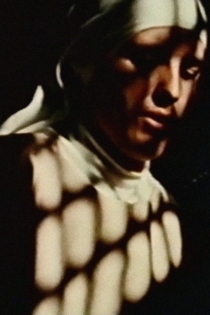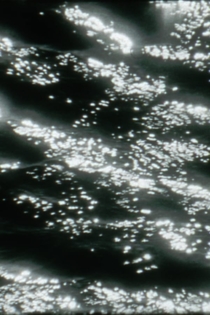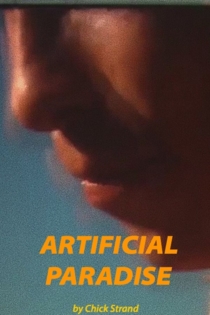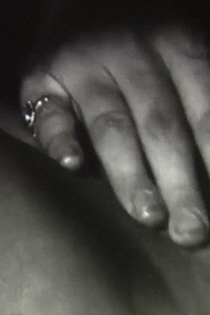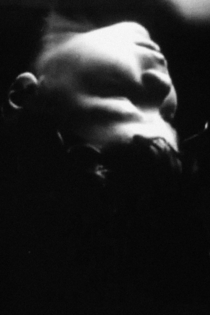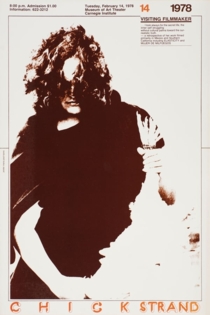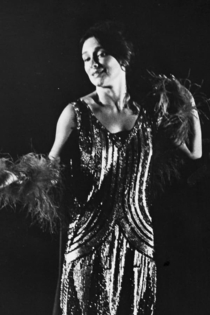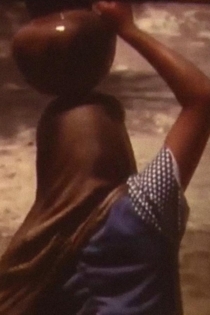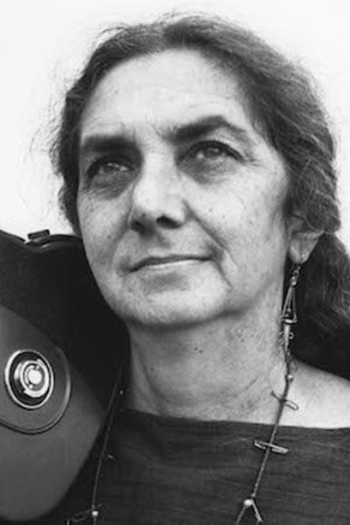
Chick Strand
1931 - 2009In 1961, she founded Canyon Cinema with Bruce Baillie, an organization that, in 1965, spawned the San Francisco Cinematheque. They organized screenings of experimental, documentary and narrative films in East Bay backyards and community centers. Acting in response to a lack of public venues for independent movies, they were part of a wider explosion in American avant-garde film. The era was one of social idealism and communal energy, and the films they showcased boldly embraced purely cinematic visual expression and cultural critique.
Strand left Northern California in the late 1960s to pursue studies in ethnographic film at UCLA. She then joined the faculty of Occidental College, where she served as the director of the film as art program for a quarter of a century. In the 1970s she continued to define her visual technique, and her subjects more frequently became women. She soon evolved a distinctive film style: backlit subjects photographed in close up and in motion, with a handheld telephoto lens. The technique produced sensual, lyrical images that became Strand's signature. Her entire filmography numbers nearly a score of works, and along the way, she also become an accomplished photographer and painter.
Loose Ends
Chick Strand
Marjorie Cameron
Loose Ends is a collage film about the process of internalizing the information that bombards us through a combination of personal experience and media in all forms. Speeding through our senses in ever-increasing numbers and complicated mixtures of fantasy, dream and reality from both outside and in, these fragmented images of life, sometimes shared by all, sometimes isolated and obscure, but with common threads, lead us to a state of psychological entropy tending toward a uniform inertness… an insensitive un-involvement in the human condition and our own humanity. —Chick Strand
Loose Ends
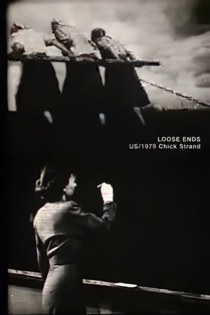
Cosas de mi vida
Chick Strand
Anselmo Aguascalientes
Strand spent over twenty years documenting her friend Anselmo Aguascalientes’ life, eventually creating a stunning trilogy of films—Anselmo, Cosas de mi vida, and Anselmo and the Women—tender portraits that are also glimpses into poverty, resourcefulness, perseverance and patriarchy.
Cosas de mi vida
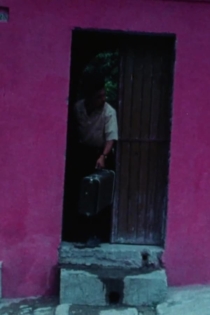
Soft Fiction
Chick Strand
Beverle Houston, Karen Amend
Chick Strand's SOFT FICTION is a personal documentary that brilliantly portrays the survival power of female sensuality. It combines the documentary approach with a sensuous lyrical expressionism. Strand focuses her camera on people talking about their own experience, capturing subtle nuances in facial expressions and gestures that are rarely seen in cinema.
Soft Fiction
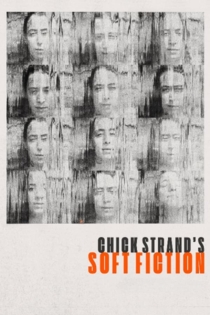
Fake Fruit Factory
Chick Strand
Intimate documentary about young women who make papier mache fruit and vegetables in a small factory in Mexico. They have a gringo boss, but the factory is owned by his Mexican wife. The focus of the film is on the color, music and movement involved, and the gossip which goes on constantly, revealing what the young women think about men.
Fake Fruit Factory
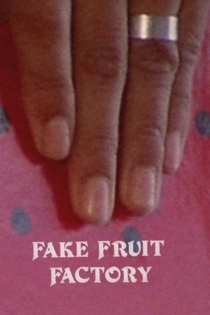
Elasticity
Chick Strand
Impressionistic surrealism in three acts. The approach is literary experimental with optical effects. There are three mental states that are interesting: amnesia, euphoria and ecstasy. Amnesia is not knowing who you are and wanting desperately to know. I call this the White Night. Euphoria is not knowing who you are and not caring. This is the Dream of Meditation. Ecstasy is knowing exactly who you are and still not caring. I call this the Memory of the Future. This is an autobiographical film funded by the American Film Institute.
Elasticity
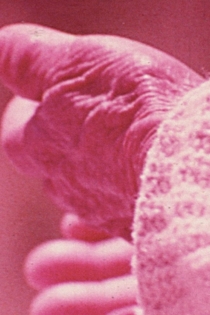
Anselmo and the Women
Chick Strand
Anselmo Aguascalientes
Continuing the life of Anselmo, a Mexican street musician, and his life-long struggle to make a good life for his children. This film focuses on his relationship with his wife Adela and his mistress, Cruz, and theirs with him.
Anselmo and the Women
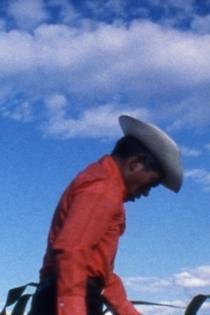
Anselmo
Chick Strand
Anselmo Aguascalientes
Strand spent over twenty years documenting her friend Anselmo Aguascalientes’ life, eventually creating a stunning trilogy of films—Anselmo, Cosas de mi vida, and Anselmo and the Women—tender portraits that are also glimpses into poverty, resourcefulness, perseverance and patriarchy.
Anselmo

Mosori Monika
Chick Strand
Filmed at Mission San Francisco de Guayo on the Orinoco River Delta in Venezuela, in 1965. A Franciscan nun and an Indian woman describe the Indian way of life before and after the arrival of the mission 20 years prior to the making of the film; their words are translated to English voice-over. They discuss marriage ceremonies, fishing, gender roles in work distribution and family responsibilities, shamanism and death rituals.
Mosori Monika
